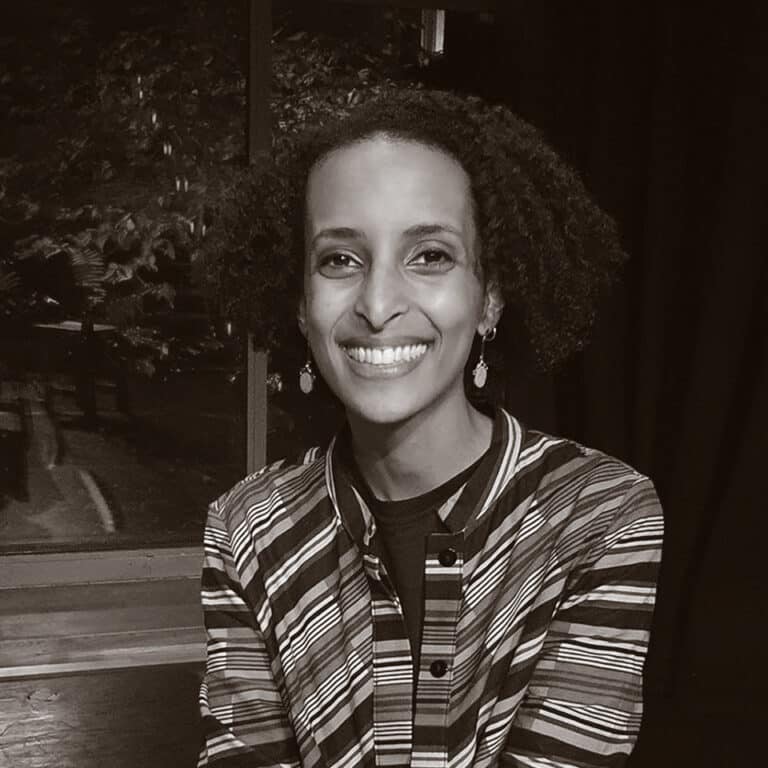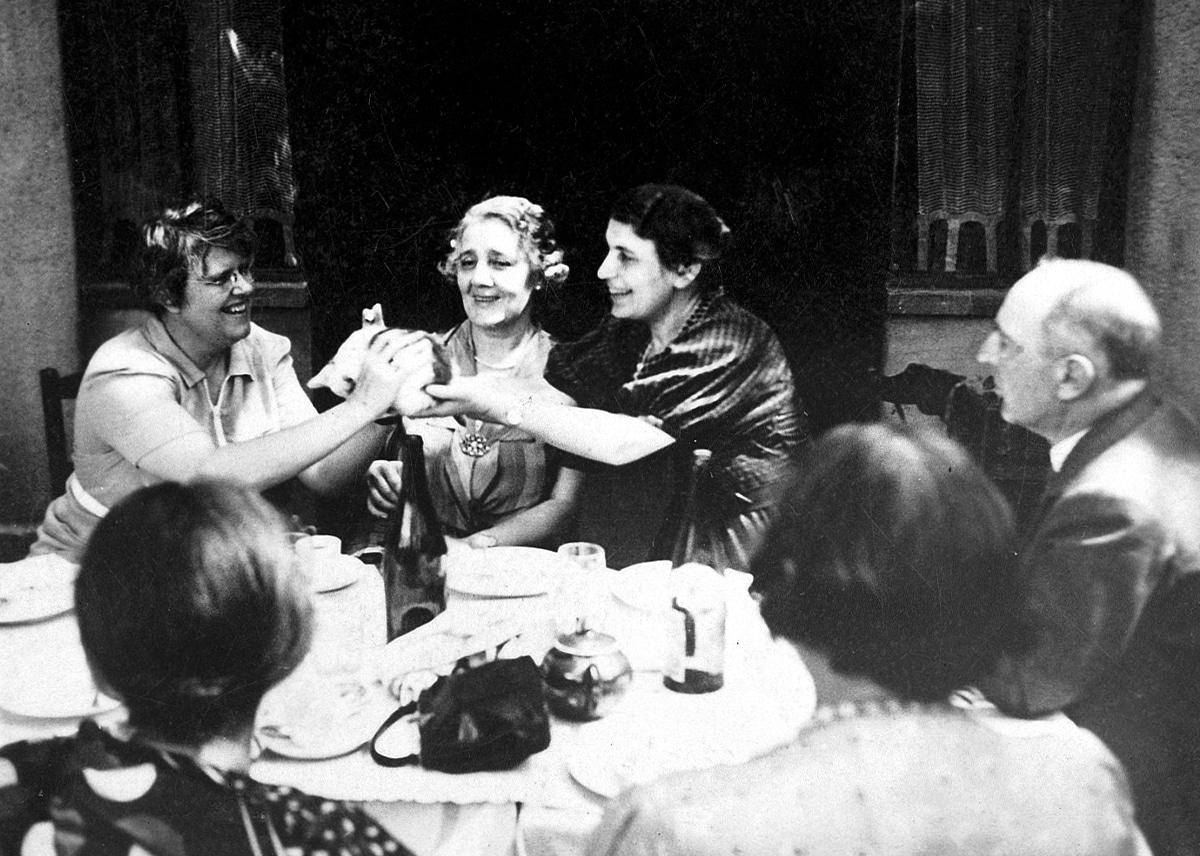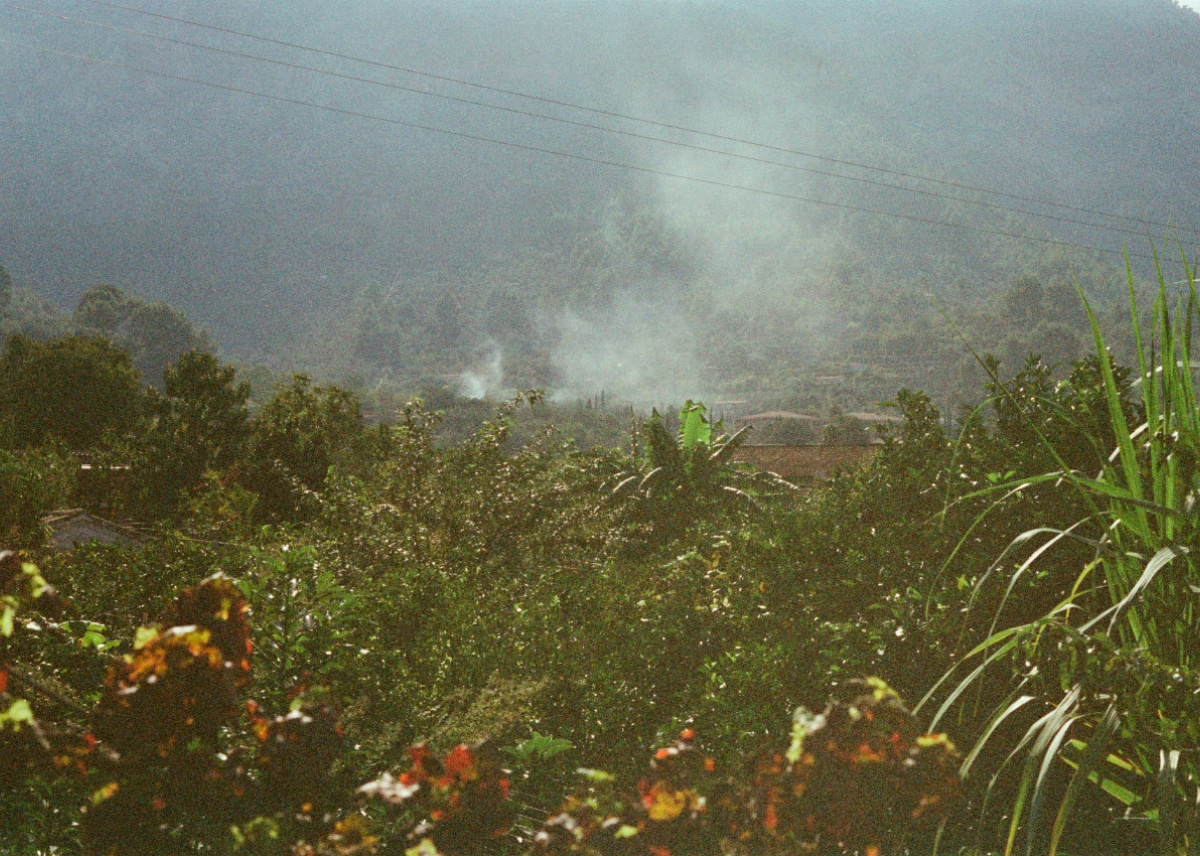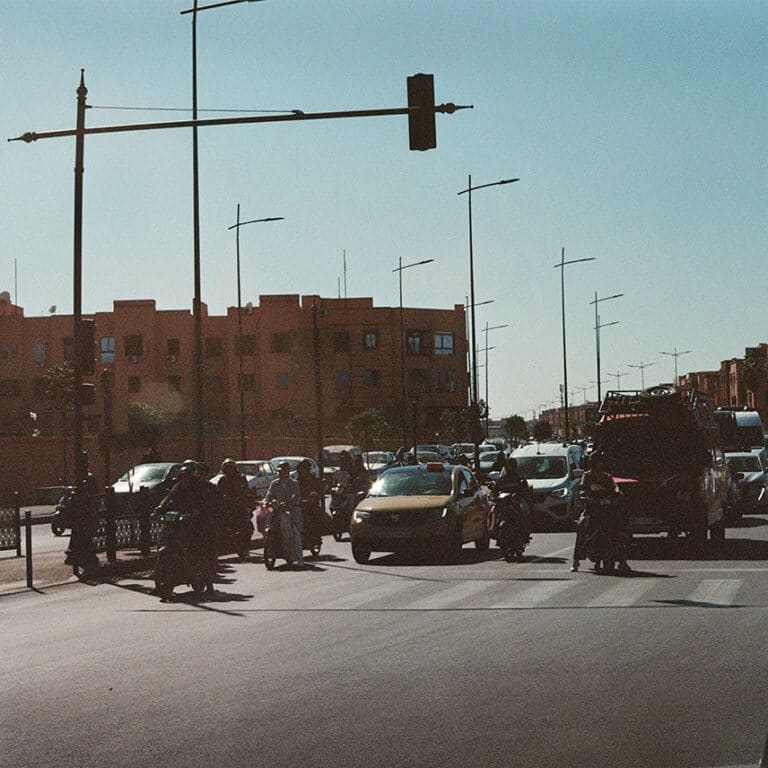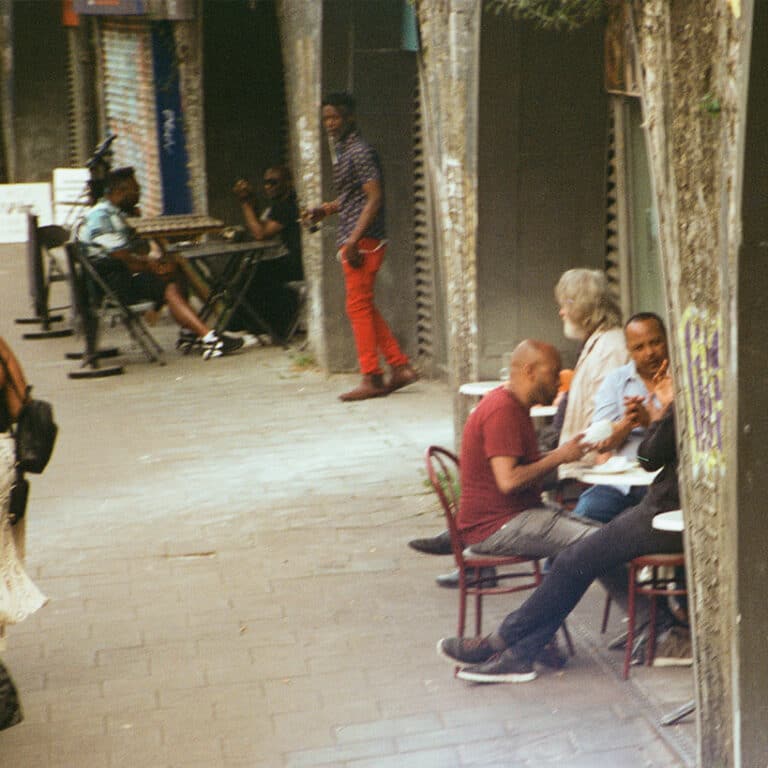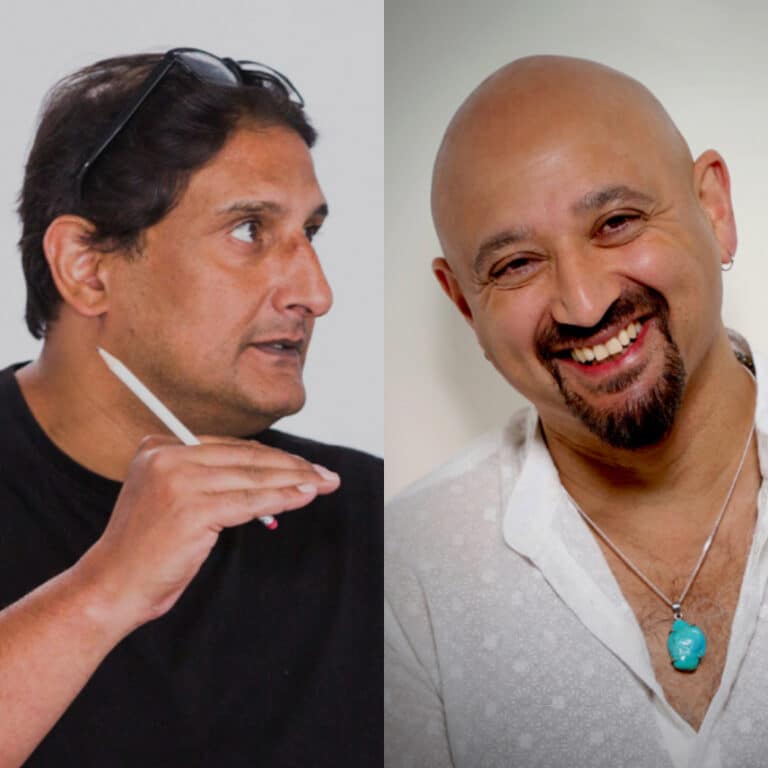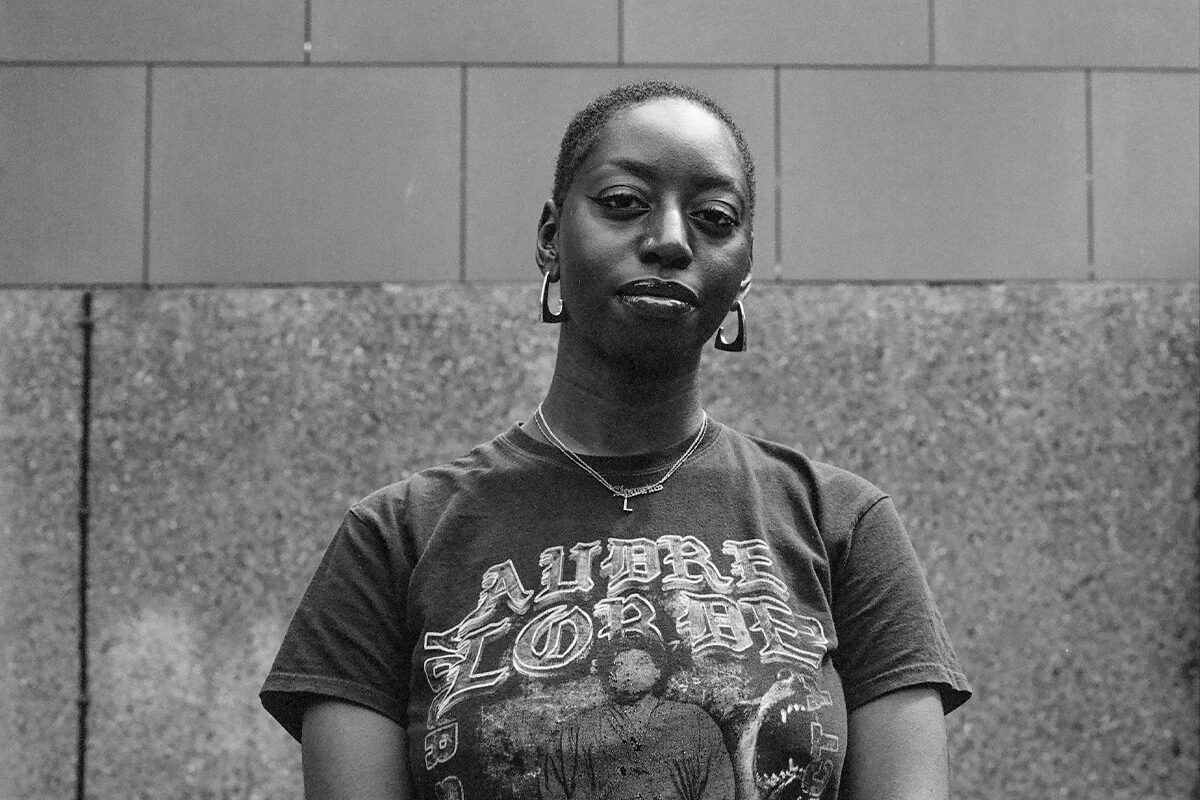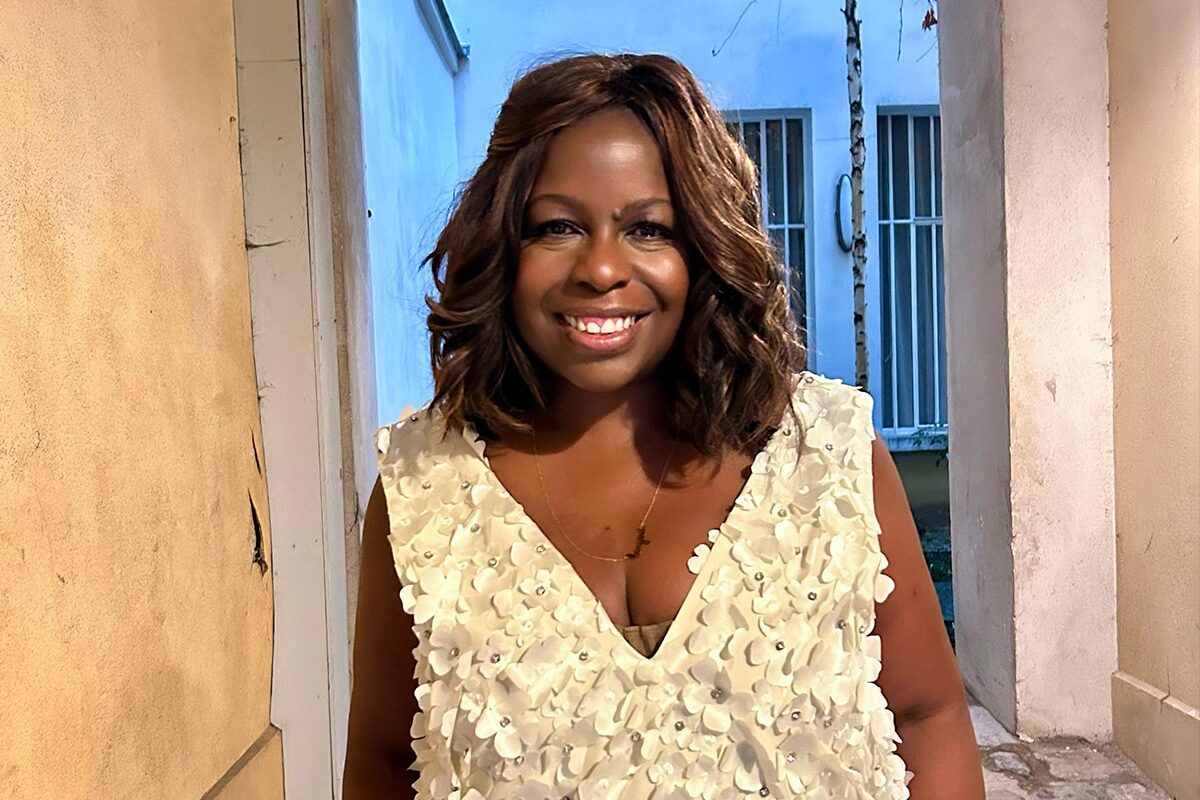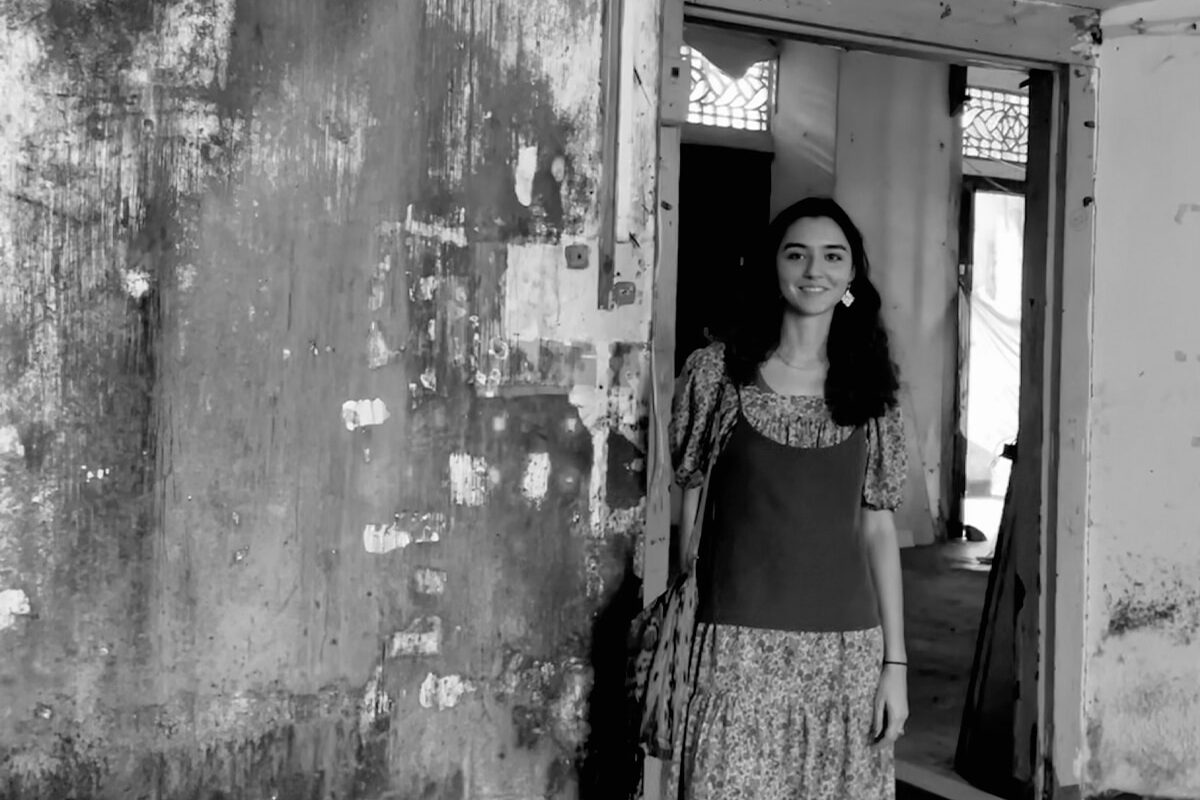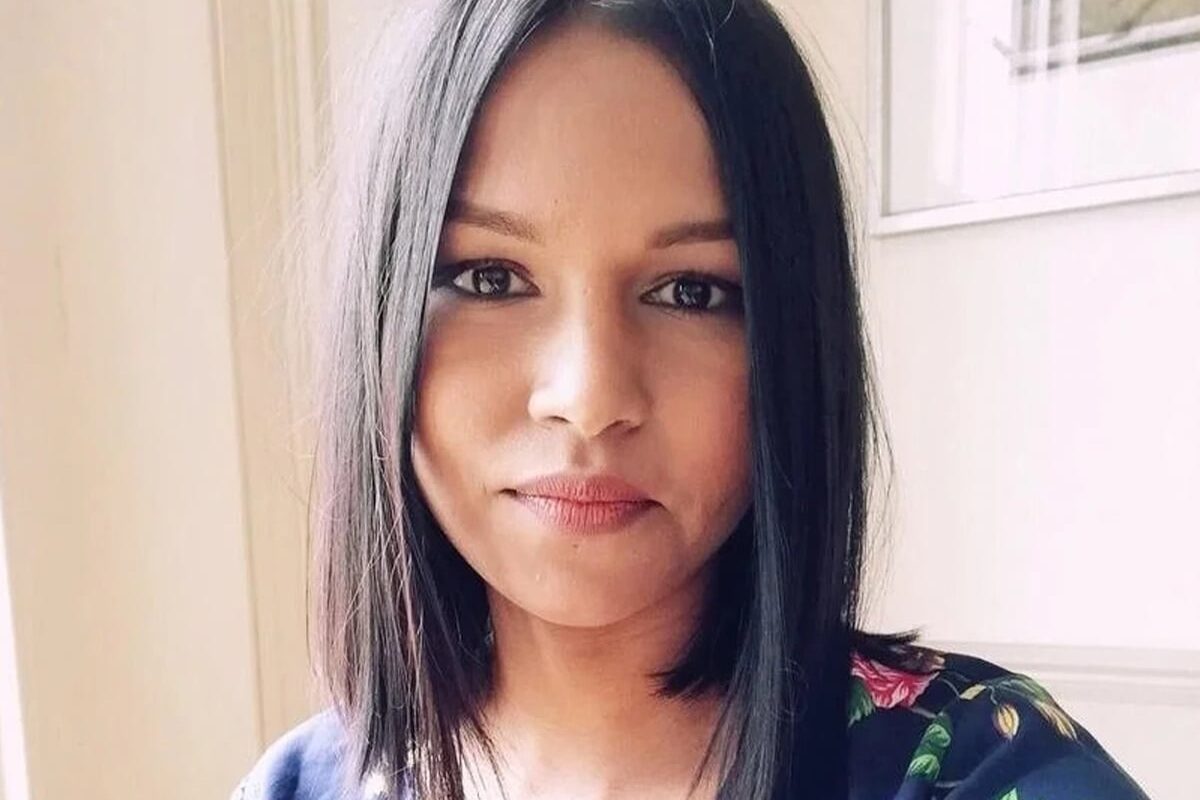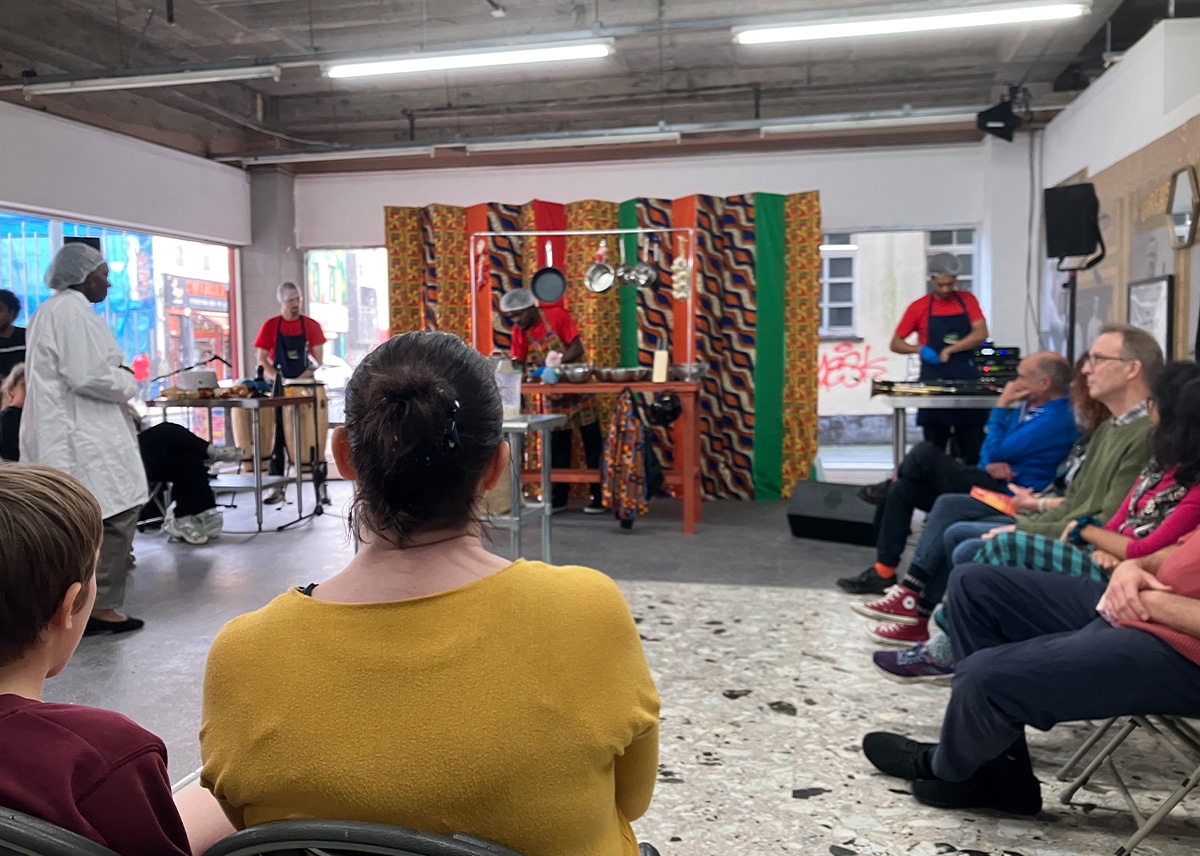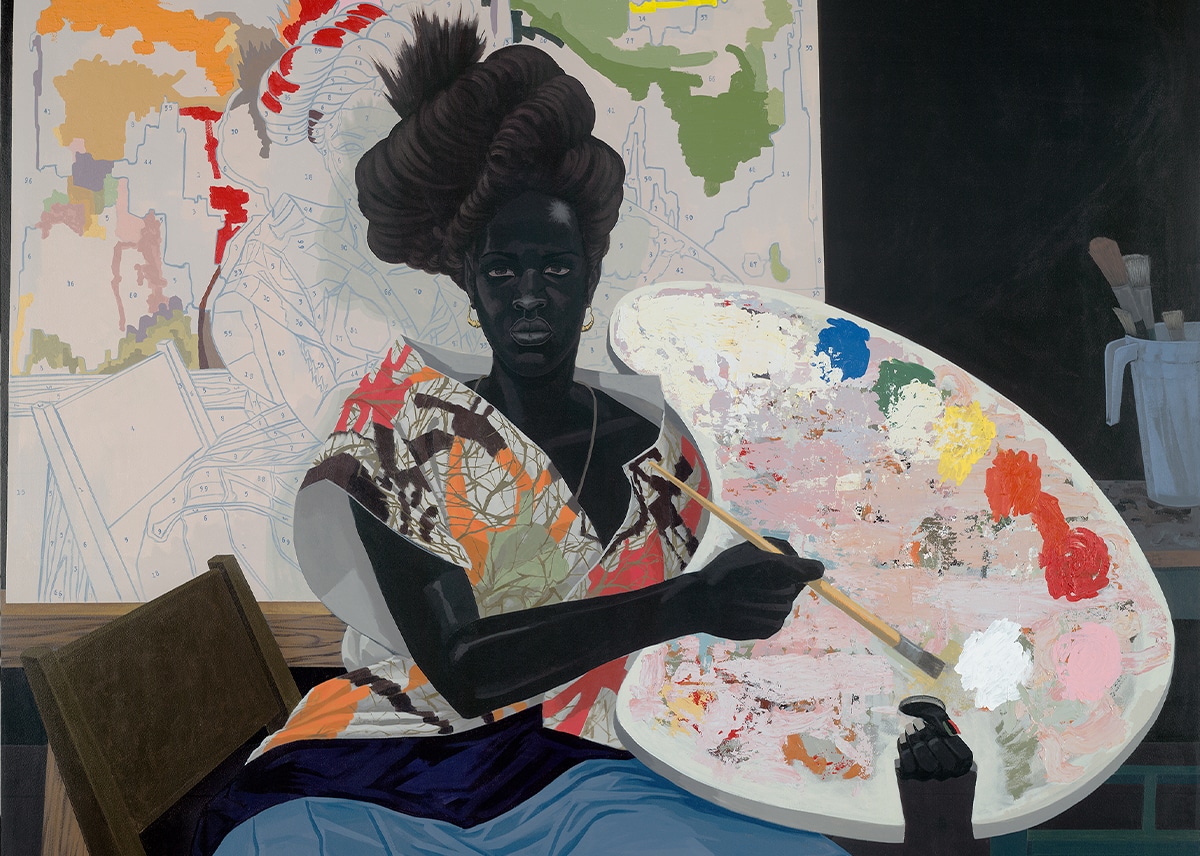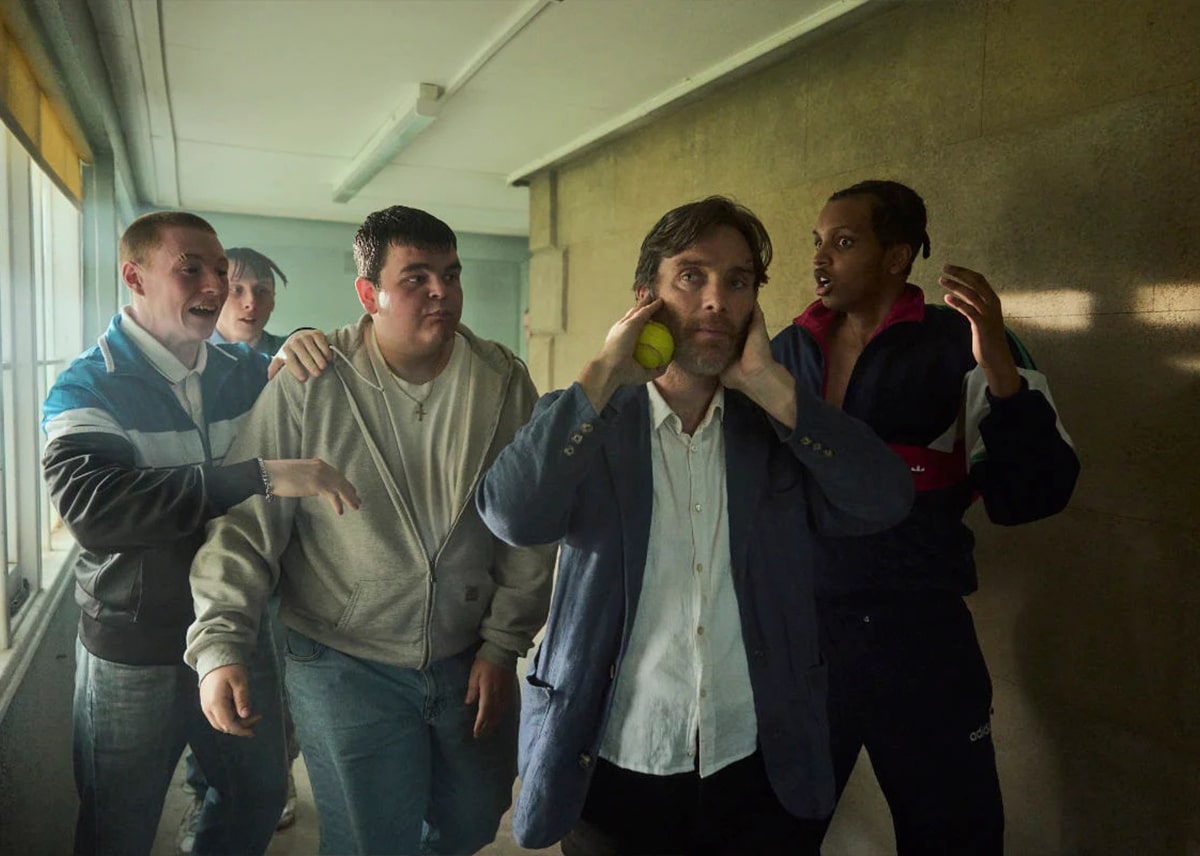Time was loud
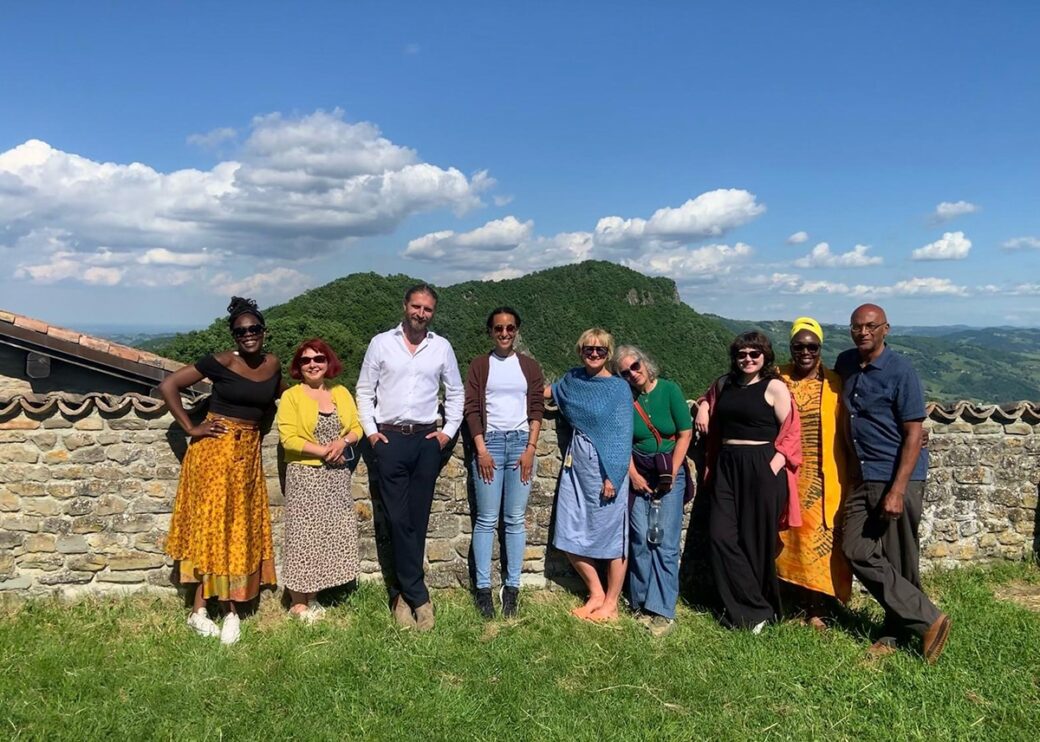
Time can be the enemy of the writer. Wishing for more time, carving out precious writing time in our busy lives. My time at Villa Lugara was extraordinary in that it felt outside of time. It was a period of startling presence and quiet.
The pressures of time and productivity didn’t lift all at once. I arrived at Villa Lugara for our WritersMosaic retreat in a flurry of anxiety over my current writing project, as well as the state of the world. The novel I was working on was still embryonic, tender, unwieldy. My dystopian story was unfocused and required a complete redraft. I was burnt out. My daily writing regimen involved constant brainstorming; balancing a desire for self-expression and creative satisfaction; wrangling my attention from the internet; insecurity; and the external pressures of publishing, which demand a story with higher stakes, pacing, and ‘momentum’. Time was loud, my internal voices were loud, and I was having trouble figuring out what I really wanted to say.
When I arrived in Italy, it was initially difficult to settle in. The stone-quiet of the house was a precious gift, but also an ephemeral privilege. How would I use this time to the fullest? It was a privilege to wake up in this hallowed villa (and former monastery), to step outside to the landscape of green hills and soft clouds. During breakfast on the veranda, the breeze rustled the pages of my books. I felt an intense, immediate pressure to produce words, but also to enjoy these surroundings. Sitting on the grass lawn under the glassy sunshine, I hunched over my computer and squinted at the screen. As a green beetle kept buzzing past my face – each beat of its wings another fraction of a second passing by – I tried to drag the next sentence to the surface of my mind. The minutes flew away. I needed to get to my word count. Then the day was over, and it was dark. We ate dinner over candlelight, talking about our writing, our lives, while I worried if I would figure out my plot.
It took a few days for me to relax, to lean into time. I reminded myself there were many hours of the retreat left. The rooster woke me; I fell back asleep for thirty minutes; I woke up again and sat up in bed, staring at the stone walls. Instead of grabbing my phone, I stretched and waited for a few minutes. In the kitchen – the heart of the house – I sipped scalding green tea and enjoyed hushed conversation with the other writers. No need to run to my computer just yet. We practised yoga and breath-holding exercises outside every morning. New parts of my awareness burst awake. I let myself write scenes freely, not focusing on immediately progressing my plot to the next high-stakes confrontation.
At mealtimes, we talked about our projects, our processes, our frustrations. I noticed how others followed their curiosity. How they relished the time we had been given. How they used this time to gently look inward. As I relaxed my process, I listened to myself more – my own anxieties about world events, my own intuitions – and was more able to imagine how my characters might react to their dystopian setting.
Halfway through the day, I would switch to writing a WritersMosaic piece on Frantz Fanon. I read his work for hours. As I let myself enjoy the process of research, I fell back in love with non-fiction. I was inspired to start working on a long-form, non-fiction project I had been thinking about for years. Another branch of writing opened itself back up to me.
In these two weeks, I learned how much of my perception of time – and demand for efficiency – is self-imposed and stifling. I was able to enjoy the meandering, exploratory, visceral experience of writing again.
My anxiety around time and productivity at the villa was not dependent on the actual time I had, but on my ability to sit with the seconds, minutes, hours passing by without needing to control time, to store this time in a bottle. Villa Lugara, and those who shared the space with me, offered me a new perspective on my writing process.
Anna Freud at the Freud Museum
An appreciation of Anna Freud's pioneering work as a child psychologist and her place in the Freud Museum, London
The rainy day has come
What are Caribbean nations owed with the rise of extreme weather events?
The seven lamps of writing
I write because I am, and I write because I am not
The Jollof House Party Opera
A joyful, multisensory feast that immerses audiences as active participants in a bustling restaurant kitchen
Kerry James Marshall: The Histories
Kerry James Marshall's paintings at the Royal Academy of Arts preserve the enigma of African Americans whilst humanising them
Steve
The film adaptation of Max Porter's novella Shy is not a story about middle-class adults rescuing troubled youth; the grown-ups aren’t okay

Preaching
'Preaching': A new poem by the T.S.Eliot Prize-winning poet Roger Robinson, from his forthcoming New and Selected Poems (Bloomsbury in 2026).
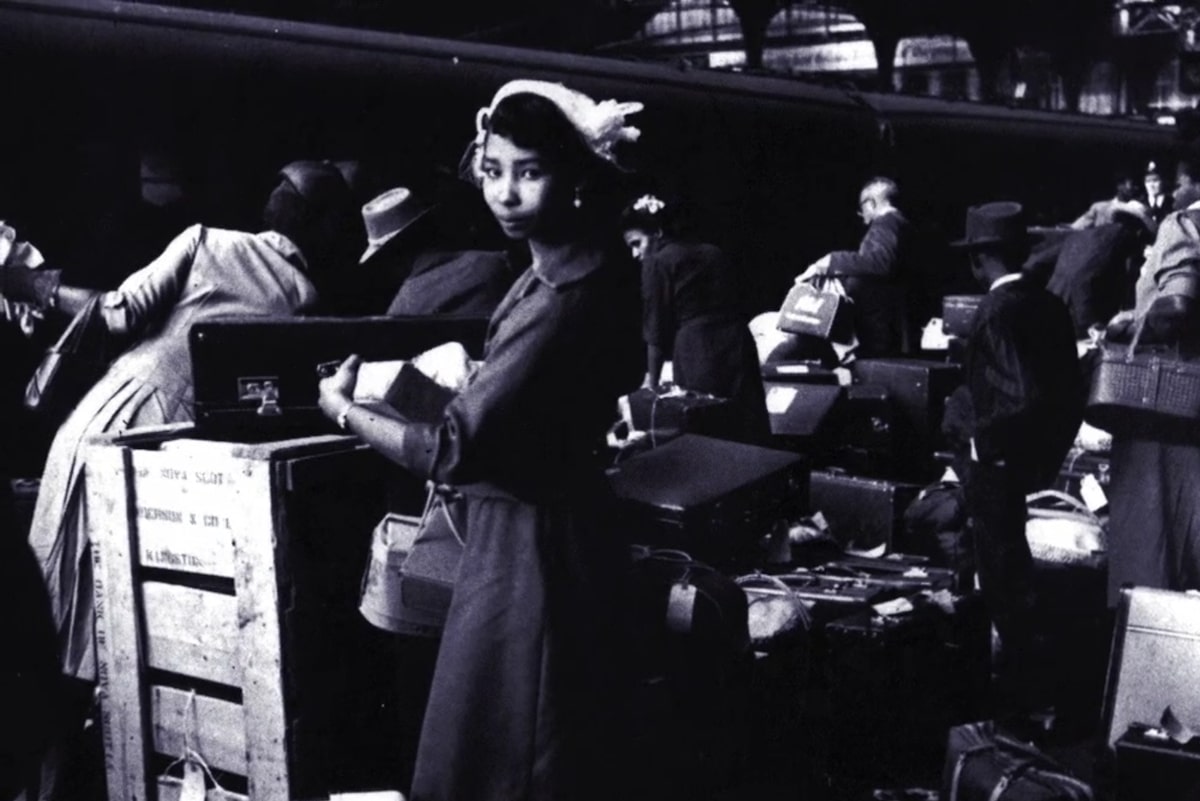
Walking in the Wake
Walking in the Wake was produced for the Estuary Festival (2021) in collaboration with Elsa James, Dubmorphology and Michael McMillan who meditates on the River Thames as we follow black pilgrims traversing sites of Empire.

Illuminating, in-depth conversations between writers.
SpotifyApple Podcasts
Amazon Music
YouTube
Other apps

The series that tells the true-life stories of migration to the UK.
SpotifyApple Podcasts
Amazon Music
YouTube
Other apps

